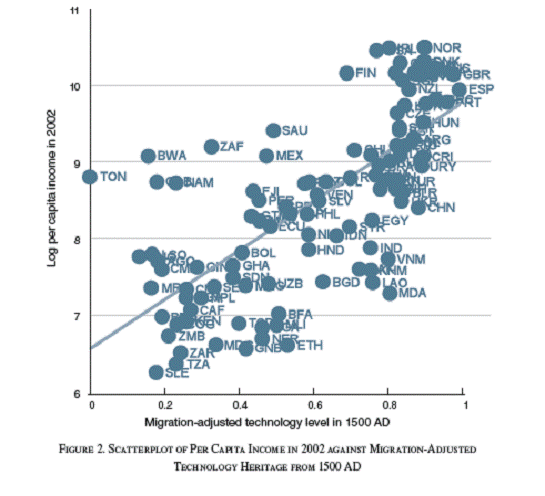Our China who art in heaven, hallowed be thy growth rate
UPDATE 4: thanks to all the critics on this post, too bad I couldnt get Chinese censoring technology to work:) UPDATE 3: 9:30am Sat 10/9: links to Nobel Peace Prize and Charter '08
UPDATE 2: 1:30pm. New Yorker writer Evan Osnos generously replies to my criticisms (see end of post)
SCOREBOAD UPDATE 10 AM 10/8: understanding key to China's future development: Nobel Committee 1, New Yorker 0; Liu Xiaobo 1, Justin Lin, 0.
A writer in the New Yorker has an article fawning all over China’s rulers and Chinese economist Justin Lin (currently the Chief Economist of the World Bank).
I’m saddened to see my favorite magazine publish an article seemingly in search of every possible fallacy about growth, the main one being that if you have a high growth rate, then the current autocrats and their economist advisors must be Gods.
(Sorry to be so harsh. Can you tell that this time I am really annoyed to see so much gushing over a Party that kills, beats, and imprisons any Chinese citizens who are not quite as enthusiastic about their own government as a New Yorker writer? And recommends this approach to other countries?)
Let’s review the logic and evidence.
- See previous post on the myth of the benevolent autocrat. (To be fair to the New Yorker writer, he mentions briefly at the very end of the article Dani Rodrik’s similar argument. But it comes as across as a CYA after the long hagiography.)
- Rapid growth episodes never last indefinitely, so forget all the nonsense about projecting today’s growth rate forward till China overtakes Japan, the US, God, etc.
- Especially considering (2), Growth is not a reliable indicator of performance, income levels are what matters:
- China’s per capita income is currently 13 percent of the US level.
- Remember growth is the CHANGE in income. A change is made up of two elements:
- The extent to which things are good now.
- The extent to which things were totally f’d up before.
- China performs really well on this second part of the CHANGE equation. Not even mentioning previous authoritarian emperors and political chaos, it had from 1949 to 1976 a totalitarian psycho in power responsible for the deaths of millions, the Great Leap Famine Forward, the Cultural Revolution.
- So compared to the official “complete wacko destructive” standard set by Mao, today’s citizens are free-er, but still not very free.
- Did I mention that I am really annoyed?
So another way of stating China’s rapid growth recipe would be something like the following:
Have a succession of crazy autocrats, political chaos, and war savagely repress one of history’s most inventive peoples, along with not allowing one of the most successful trading diasporas in history to operate in China proper. Then have things calm down a bit and have somewhat less crazy rulers allow more of the people’s energy and creativity to burst out. Presto, the change from EXTREME NEGATIVE to LESS NEGATIVE is called a “growth rate,” and it will be high. Now accept worship from around the world.
UPDATE 1:30PM New Yorker writer Evan Osnos has a generous response to this critique:
Dear Bill, Thanks for the twitter headsup to your post. I agree with your "logic/evidence" on China's growth model. I also agree with you on the myth/fallacy that it's a guaranteed (or democratic) path. I think we'll have to disagree on whether this piece about Lin and his ideas is an endorsement of him - - or an effort to explain the background of an unfamiliar name in an influential job and why he got there. The story also relies on the critiques from Yang Xiaokai, Yawei Liu, Yao Yang, Wu Jinglian, and Dani Rodrik, but only one of those five was referenced in your post. Fair enough: I suspect you found the overall mix to be unpersuasive. As I said, I agree with much of your take on the overall approach to growth. Best, Evan
UPDATE 3: New York Times on Nobel Peace Prize for Liu Xiabo.
The English translation of Charter '08 that Liu Xiabo signed along with 300 other Chinese intellectuals.
 From Aid to Equality
From Aid to Equality


